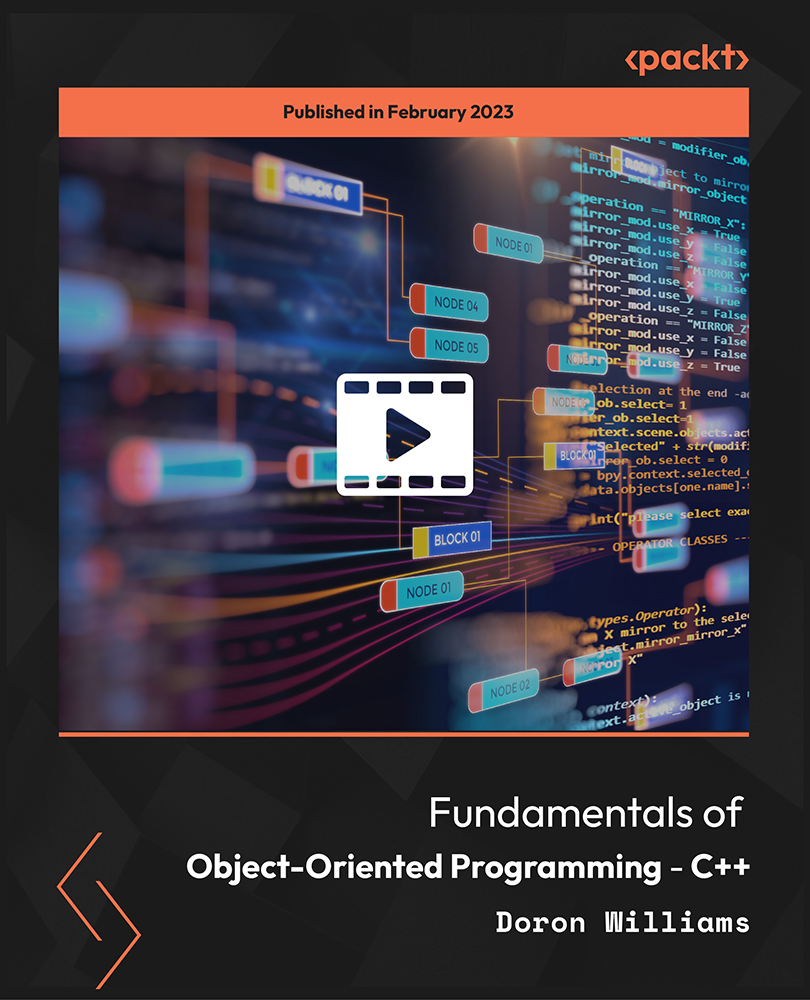The Telecommunications and Other Legislation Amendment (Assistance and Access) Act 2018, passed on December 6, 2018, has been put into action recently by the Australian intelligence and law enforcement agencies. However, a few industry groups, academics and civil liberties campaigners opposed by saying that the AA legislation makes Australians less safe by stripping away foundational concepts of privacy and may have a significantly detrimental impact on Australian tech companies.
In spite of this opposition, the legislation is not only active but the intelligence agencies actively using its provisions and several notices too have been issued under this new law.
With the AA act, the legislation’s aim is to allow intelligence agencies and some law enforcement to pry open encrypted messages in particular cases, especially where it concerned national security. The government has consistently argued the legislation makes Australians safer.
“The legislation is being actively used by law enforcement and security agencies in a number of investigations to keep Australia safe”, a government spokesperson reported. “The legislation in no way compromises the security of any Australians’ digital communications”, he added.
The Parliamentary Joint Committee on Intelligence and Security (PJCIS) is currently reviewing the provisions of the legislation and the report for the same will be released in April. According to
InnovationAus, “A collective of academics and industry groups, including the Communications Alliance, the Australian Information Industry Association (AIIA), and the Information Technology Professionals Association (ITPA), have recently made a joint submission to the PJCIS recommending a raft of changes.”
This group has criticized how the powers under the Act are unnecessarily broad and vague and have called for the need to introduce greater judicial oversight, particularly around the issuing of notices by agencies.
Vanessa Teague, an associate professor in cryptography at the University of Melbourne, said, “Without that specific [technical] proposal, we just can’t have a rational and grounded discussion about what those unintended consequences is going to be because they depend on what the proposal is.”
During the same panel discussion, Suelette Dreyfus, executive director of Blueprint for Free Speech described the introduction of the Act as a “zero-sum game between the privacy of individuals and the powers of the state”.
Dreyfus said, “This coalition has been built and is being fortified and strengthened. It’s not only civil society within Australia or technical experts in Australia, it’s internationally as well with international academic experts and leading NGOs in the technical and legal space in places like Washington and London.” “[These people are] are liaising with us and working with us because they are very concerned that what happens in Australia will spread like a bad case of the measles to the digital privacy rights overseas”, she added.
To know more about the AA Act in detail, visit the Australian government’s
official website.
Australia’s Assistance and Access (A&A) bill, popularly known as the anti-encryption law, opposed by many including the tech community
Australia passes a rushed anti-encryption bill “to make Australians safe”; experts find “dangerous loopholes” that compromise online privacy and safety
Australia’s ACCC publishes a preliminary report recommending Google Facebook be regulated and monitored for discriminatory and anti-competitive behavior
 United States
United States
 Great Britain
Great Britain
 India
India
 Germany
Germany
 France
France
 Canada
Canada
 Russia
Russia
 Spain
Spain
 Brazil
Brazil
 Australia
Australia
 Singapore
Singapore
 Canary Islands
Canary Islands
 Hungary
Hungary
 Ukraine
Ukraine
 Luxembourg
Luxembourg
 Estonia
Estonia
 Lithuania
Lithuania
 South Korea
South Korea
 Turkey
Turkey
 Switzerland
Switzerland
 Colombia
Colombia
 Taiwan
Taiwan
 Chile
Chile
 Norway
Norway
 Ecuador
Ecuador
 Indonesia
Indonesia
 New Zealand
New Zealand
 Cyprus
Cyprus
 Denmark
Denmark
 Finland
Finland
 Poland
Poland
 Malta
Malta
 Czechia
Czechia
 Austria
Austria
 Sweden
Sweden
 Italy
Italy
 Egypt
Egypt
 Belgium
Belgium
 Portugal
Portugal
 Slovenia
Slovenia
 Ireland
Ireland
 Romania
Romania
 Greece
Greece
 Argentina
Argentina
 Netherlands
Netherlands
 Bulgaria
Bulgaria
 Latvia
Latvia
 South Africa
South Africa
 Malaysia
Malaysia
 Japan
Japan
 Slovakia
Slovakia
 Philippines
Philippines
 Mexico
Mexico
 Thailand
Thailand














